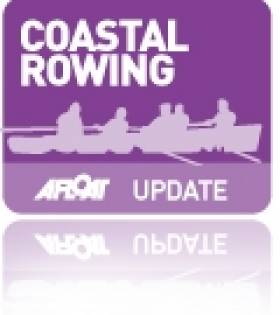Displaying items by tag: Mary B Teahan
#coastalrowing – The Coastal Rowing Clubs of Kerry played host to this year's All Ireland Coastal Rowing Championships which took place on Lough Currane, Waterville, Co Kerry, at the weekend from Friday, 15th to Sunday 17th August 2014 writes Valerie O'Sullivan.
More than 2700 rowers competed, in the picturesque village of Waterville, which lies on the Iveragh Peninsula, 530 crews raced for medals and trophies in the most coveted of Rowing Championships. Crews from Donegal, Antrim, Belfast, Dublin, Wicklow, Wexford, Cork, and Kerry competed at the weekend.The type of boat used in the Coastal Rowing Championships is called a 'One Design' - fibre glass boat, fixed seat, a crew of four and cox.
Though the sun was shining, the breezes were stiff, just like the competition, the course was flawless, designed by Nick Norris, Schull, Co Cork, a great friend of Waterville Rowing Club, overseeing all the course was Kerry Coastal Chairman, Pat Cuffe and volunteer Andrew Wharton, who were seen, cutting branches, fixing engines, making tea, cleaning up the rubbish! Waterville Rowing Club's Noel Clifford and team were on hand for every element of the rowing weekend.
Speaking after the event, PRO Mary B Teahan, commented "What we witnessed in Waterville was a wonderful weekend of rowing, the atmosphere was amazing, the fun and comradarie incredible. Medals were hard to come by, every crew gave it there all. We've been working on the event for a year, and all the hard work definitely paid off, Waterville was the perfect location, every community in South and Mid Kerry were completely behind the event. The Organisation was enormous, and thankfully it ran very smoothly"
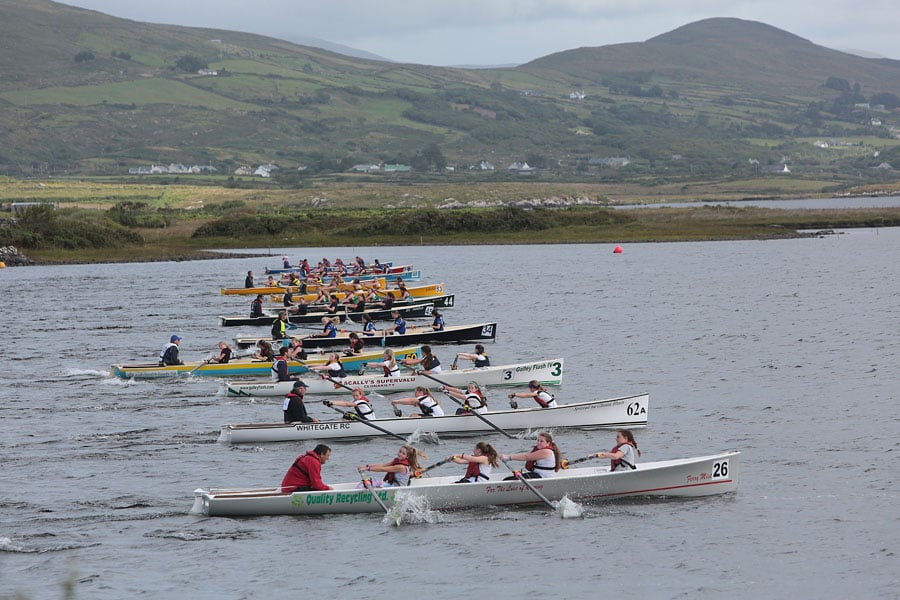
All Ireland coastal rowing racing at Waterville. Photo: Valerie O'Sullivan. Scroll down for a gallery of photos
As Afloat reported previously, taking the honours for the Senior Men's Race was Killorglin Rowing Club, the crew took an early lead and just couldn't be taken, Cork Rivals Courtmacsherry and Kilmacsimon RC finishing 2nd and 3rd in what is always the biggest race of the day.
Not to be outdone the Senior Ladies was won by Killorglin Rowing Club, 2nd another great Kerry Club, Sneem RC and in 3rd place was Arklow RC.
Results of the All Ireland Coastal Rowing Championships 2014
Senior Men's Race: Winners: Killorglin Rowing Club A
2nd Courtmacsherry Rowing Club
3rd Kilmacsimon Rowing Club
Junior Men's Race: Winners: Ring Rowing Club
2nd Passage West Rowing Club
3rd Kilmacsimon Rowing Club
Intermediate Men's Race Winners: Cahirciveen Rowing Club
2nd Whitegate Rowing Club
3rd Portmagee Rowing Club
Senior Ladies Race Winners: Killorglin Rowing Club
2nd Sneem Rowing Club
3rd Arklow Rowing Club
Junior Ladies Race Winners: Galley Flash Rowing Club
2nd Arklow Rowing Club
3rd Courtmacsherry Rowing Club
Intermediate Ladies Race Winners: Passage West Rowing Club
2nd Whitegate Rowing Club
3rd East Ferry Rowing Club
Mixed Veteran Crew Winners: Portmagee Rowing Club
2nd Myross Rowing Club
3rd Templenoe B Rowing Club
Under 14 Girls Crew Winners : Whitegate Rowing Club A
2nd Ring Rowing Club
joint 2nd Templenoe Rowng Club
Under 16's Boys Winners: Killorglin Rowing Club
2nd Kilmacsimon Rowing Club
3rd Sive Rowing Club
Under 18 Ladies Winners; Sneem Rowing Club
2nd Fossa Rowing Club
3rd Valentia Rowing Club
Pre-Vet Men Winners: Killorglin B Rowing Club
2nd Courtmacsherry Rowing Club
3rd Whitegate Rowing Club
U 12's Winners: Galley Flash Rowing Club
2nd Passage West Rowing Club
3rd Myross Rowing Club
U18's Winners: Passage West Rowing Club
2nd Killorglin Rowing Club
3rd Galley Flash Rowing Club
U18's Ladies Winners: Sneem Rowing Club
2nd Fossa Rowing Club
3rd Valentia Rowing Club
U16 Girls Winners: Kilmacsimon Rowing Club
2nd Myross Rowing Club
3rd Caherdaniel Rowing Club
U16's Winners: Killorglin Rowing Club
2nd Kilmacsimon Rowing Club
3rd Sive Rowing Club
Under 14 Winners: Cairndhu Rowing Club
2nd Courtmacsherry Rowing Club
3rd Killorglin Rowing Club
Under 21 Ladies Winners: Killorglin Rowing Club
2nd Ring Rowing Club
3rd Fossa Rowing Club
Under 21 Winners: Whitegate Rowing Club
2nd Templenoe Rowing Club
3rd Galley Flash Rowing Club
U12 Girls Winners: Portmagee Rowing Club
2nd Passage West Rowing Club
3rd Sive Rowing Club
Master Ladies Winners: Kilmacsimon Rowing Club
Masters Men Winners: Templenoe Rowing Club
Veteran Men Winners: Portmagee Rowing Club
Veteran Ladies Winners: Whitegate Rowing Club
Senior Mixed Winners: Killorglin Rowing Club
Pre Veteran Mixed Winners: Callinafercy Rowing Club
Pre Veteran Ladies Winners: Arklow Rowing Club
Pre Veteran Men WInners: Killorglin B Rowing Club
Mixed Veterans Winners: Portmagee Rowing Club
FISA Singles Ladies Winner Melanie Hunt Kilmacsimon
FISA Single Mens Winner Cormac Kelly Arklow
Seine Boat Winners: Valentia Island (A) Dermot Walsh
Open Classic Ladies Winners: Myross Rowing Club
Open Classic Men Winners: Myross Rowing Club
Cork Yawl Ladies Winners: Whitegate Rowing Club
Cork Yawl Men Winners: Whitegate Rowing Club
Heritage Race Ladies Winners: Sneem Rowing Club
Heritage Race Men Winners: St Patrick's (A)
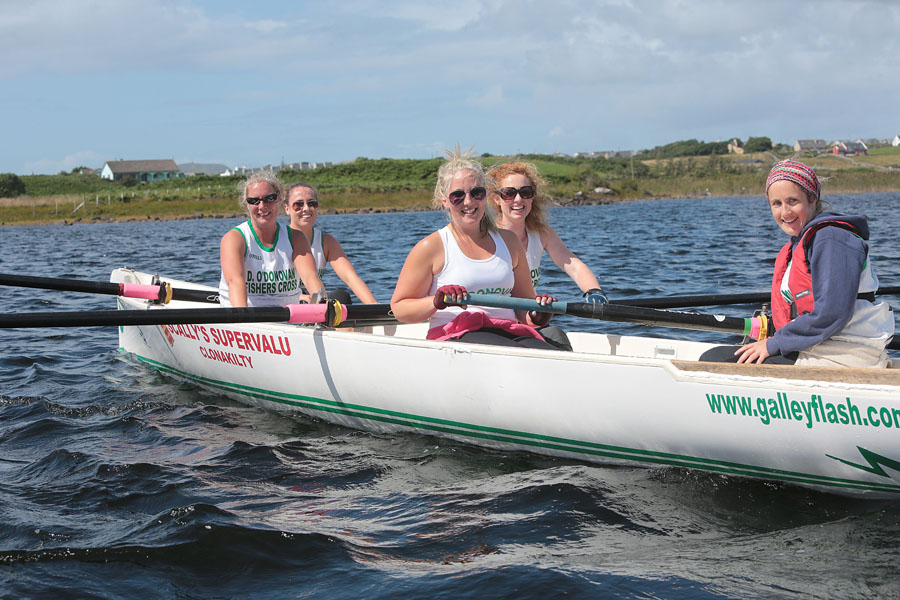
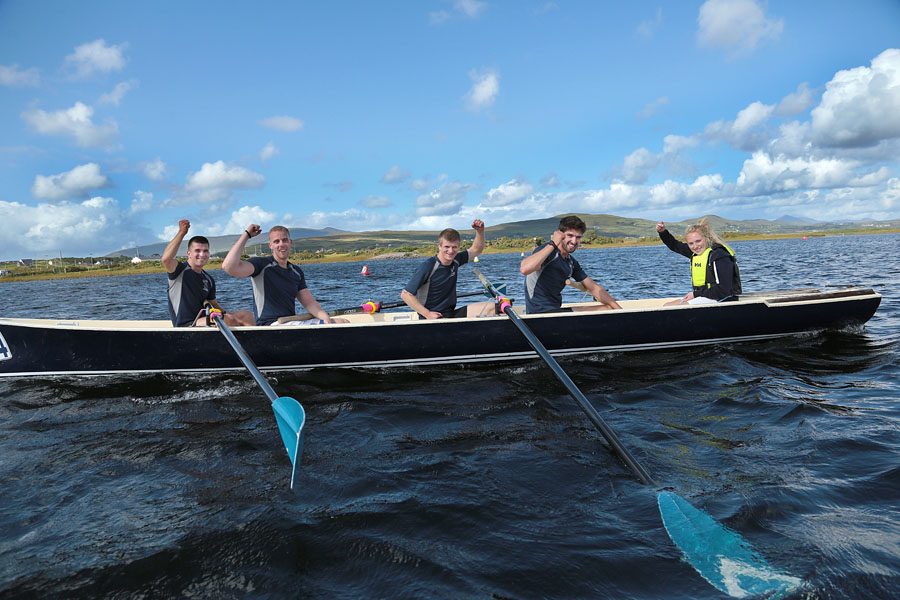
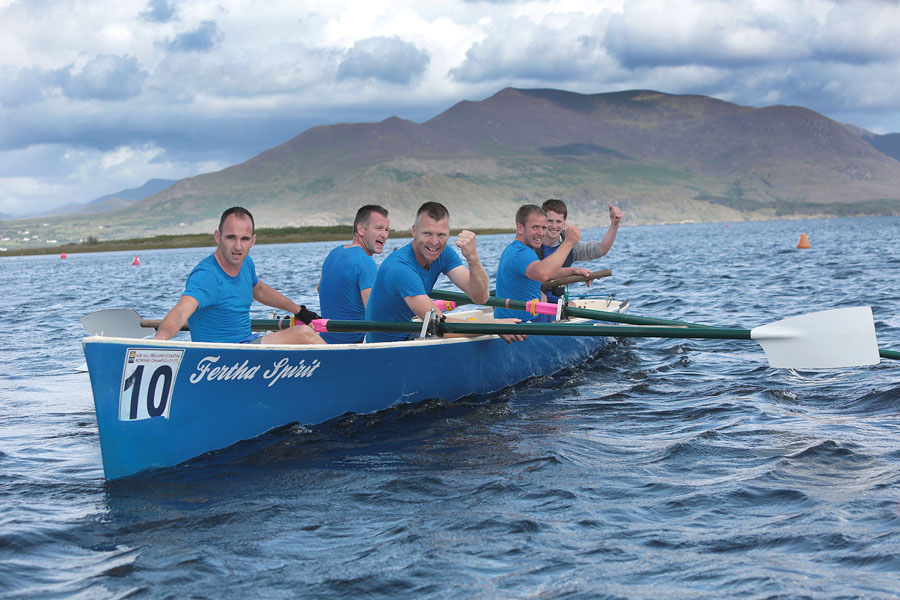
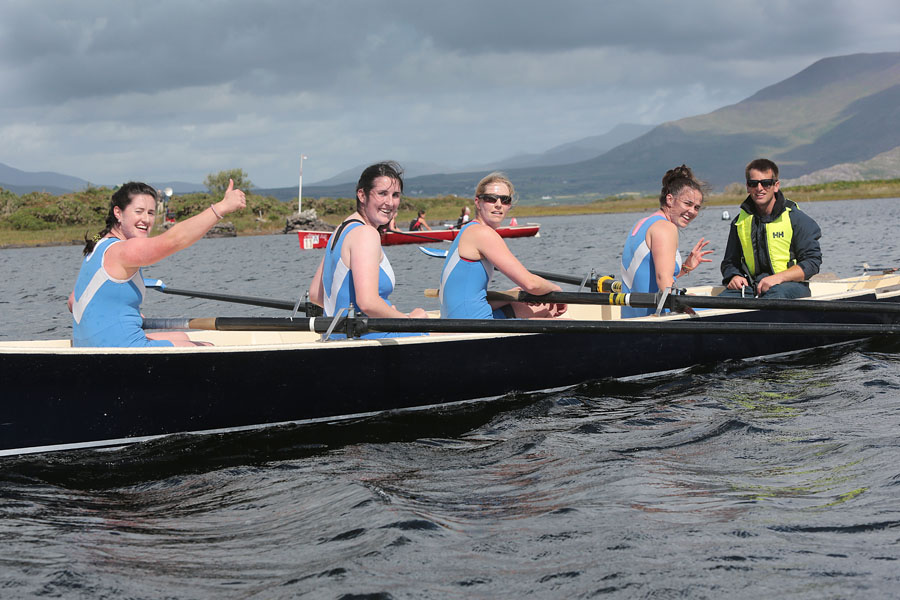
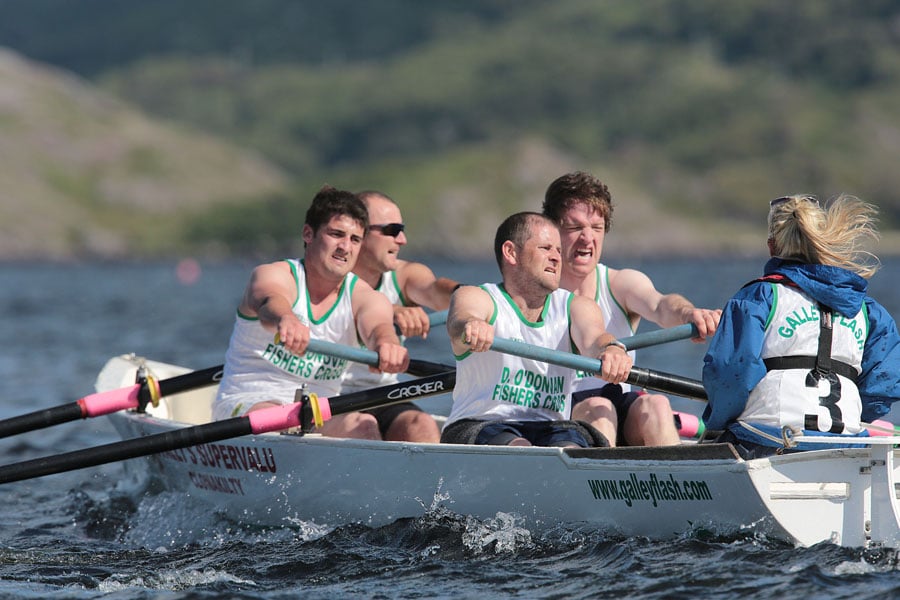
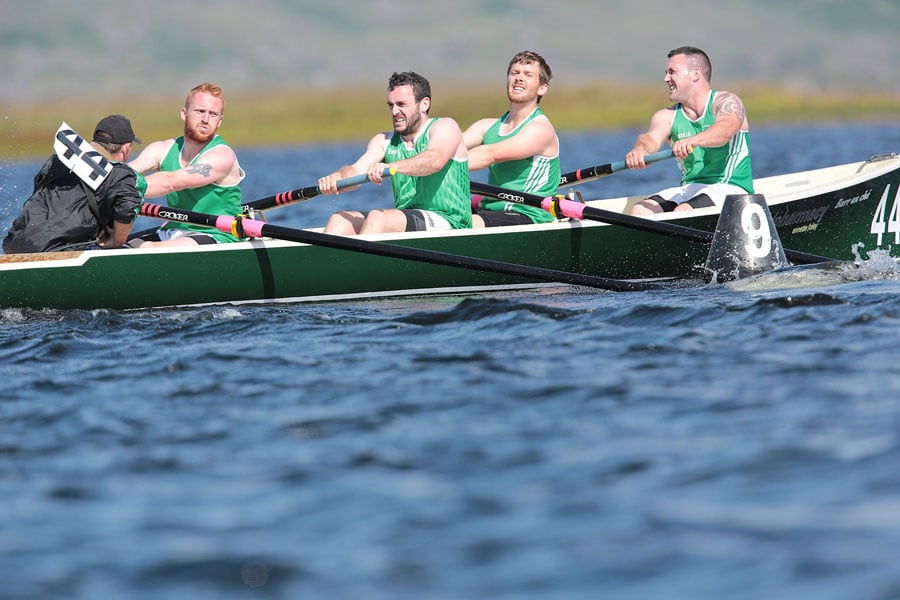
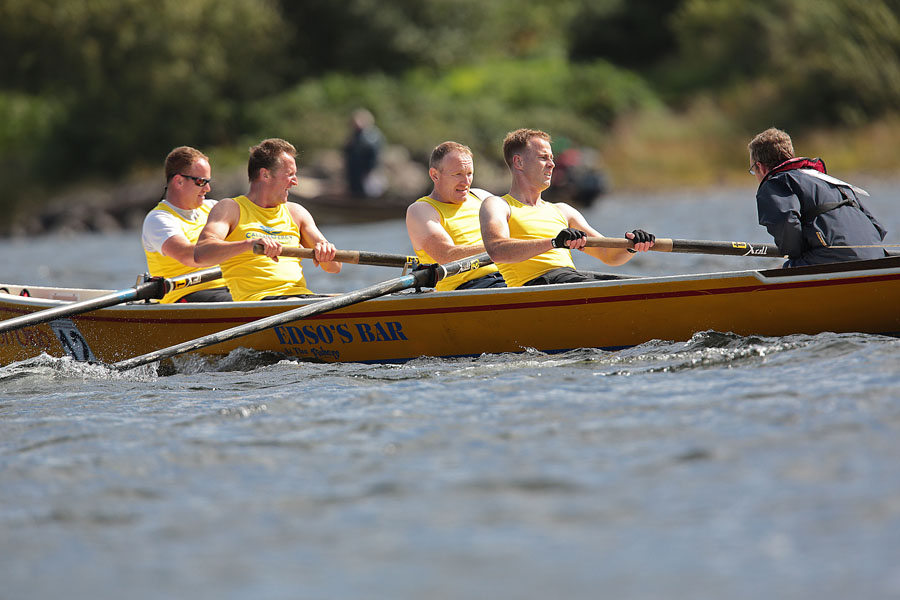
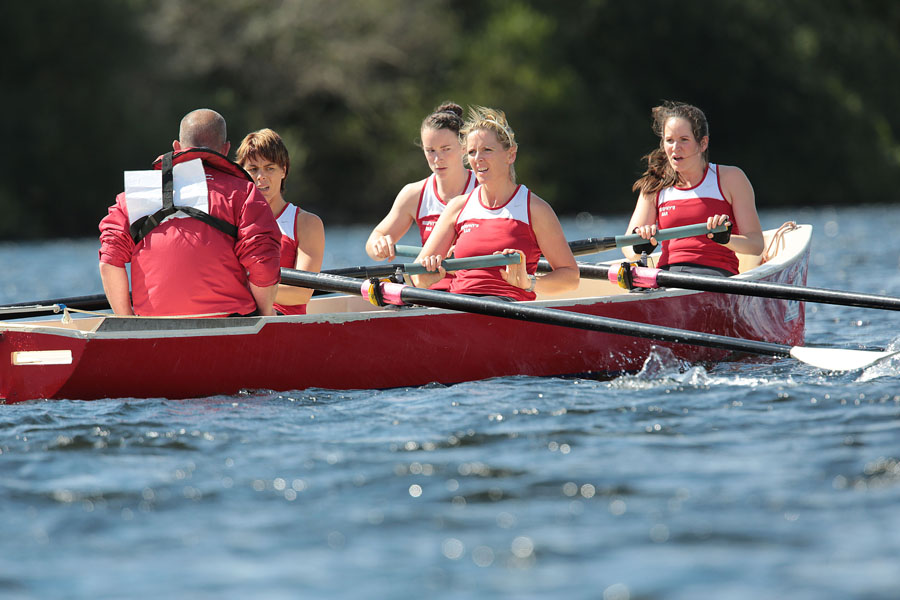
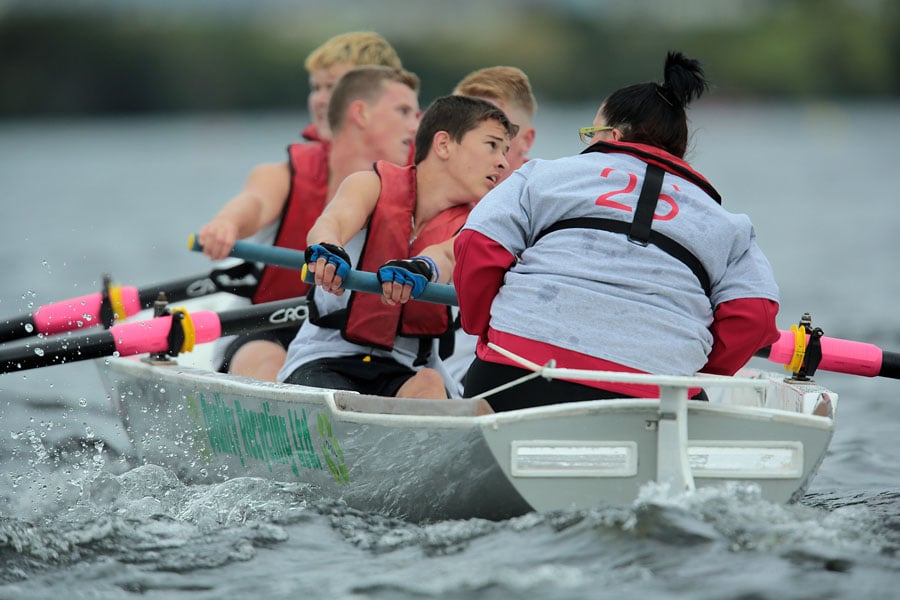
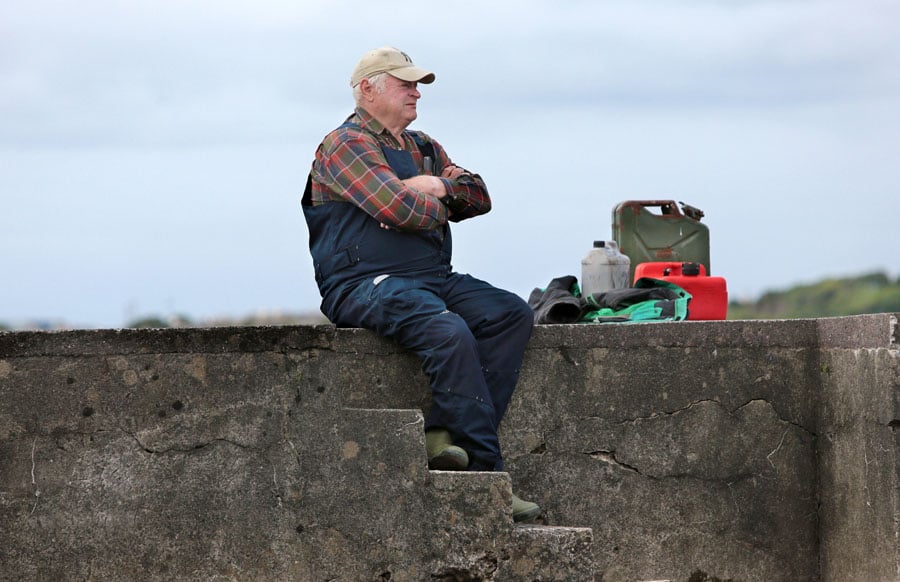
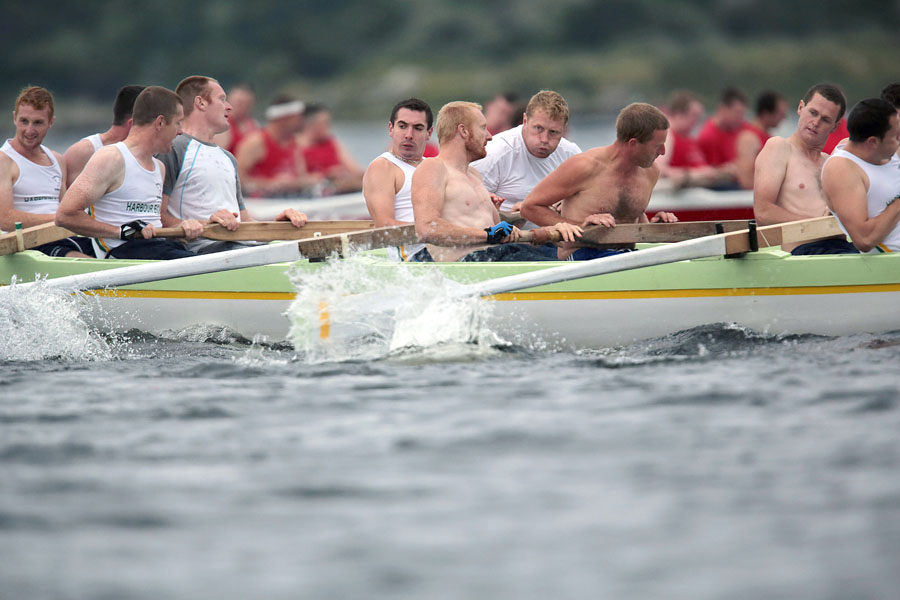
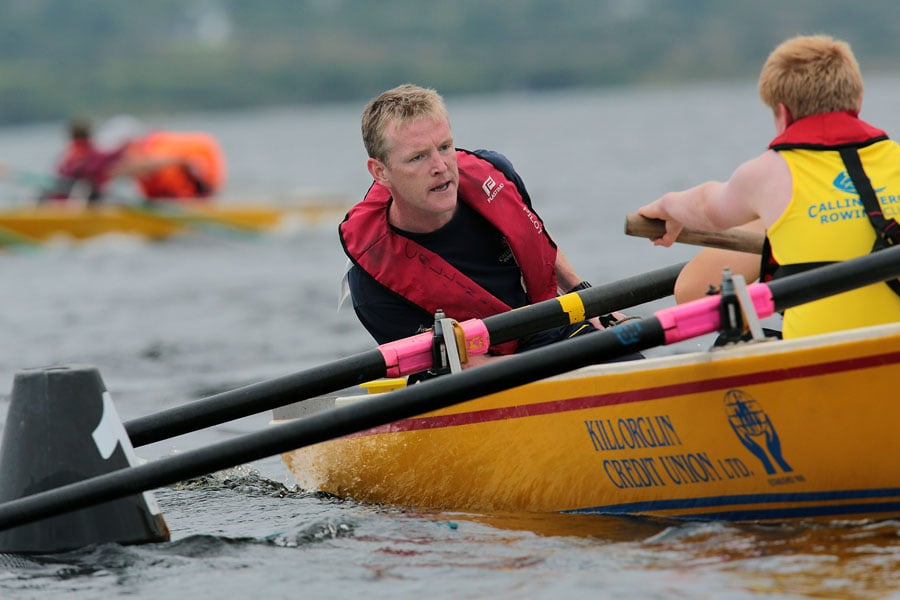
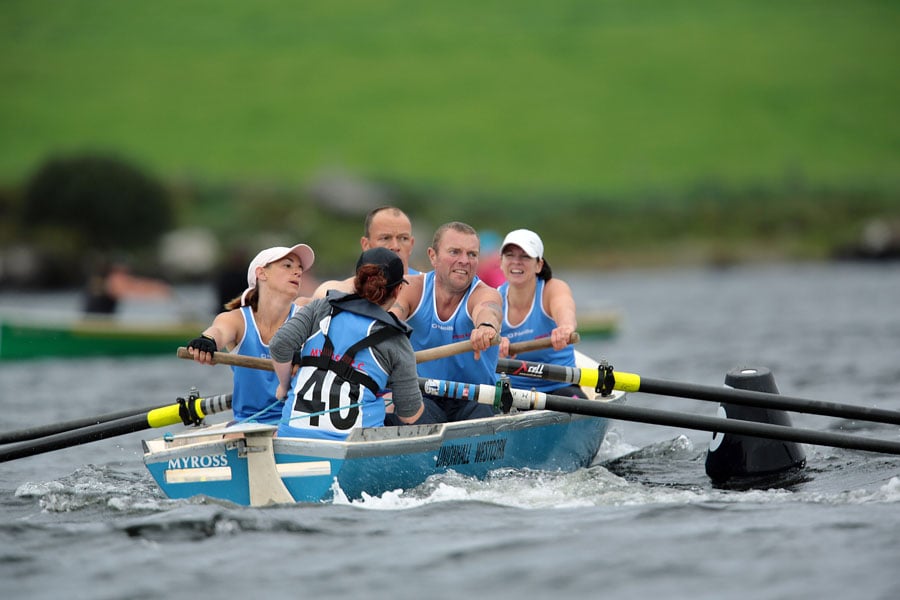
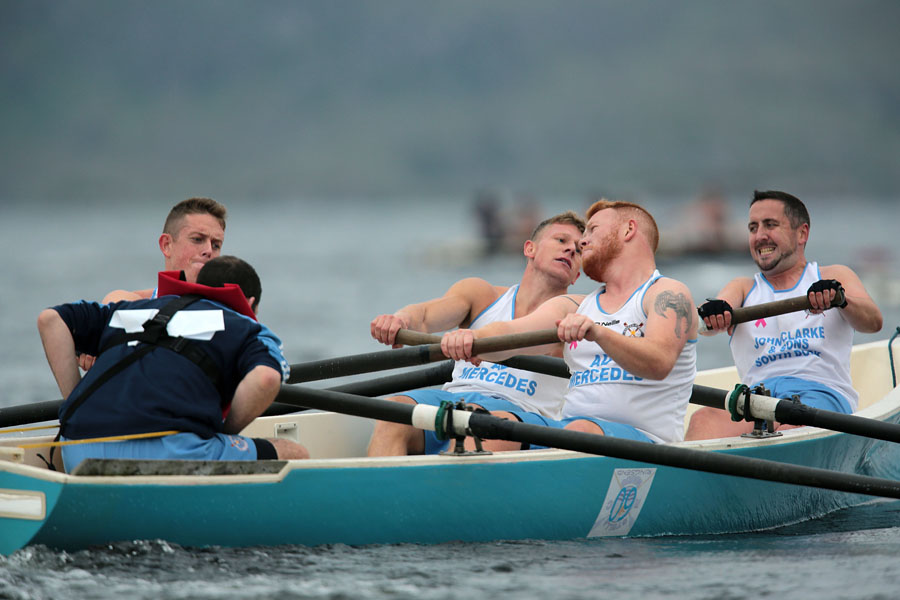
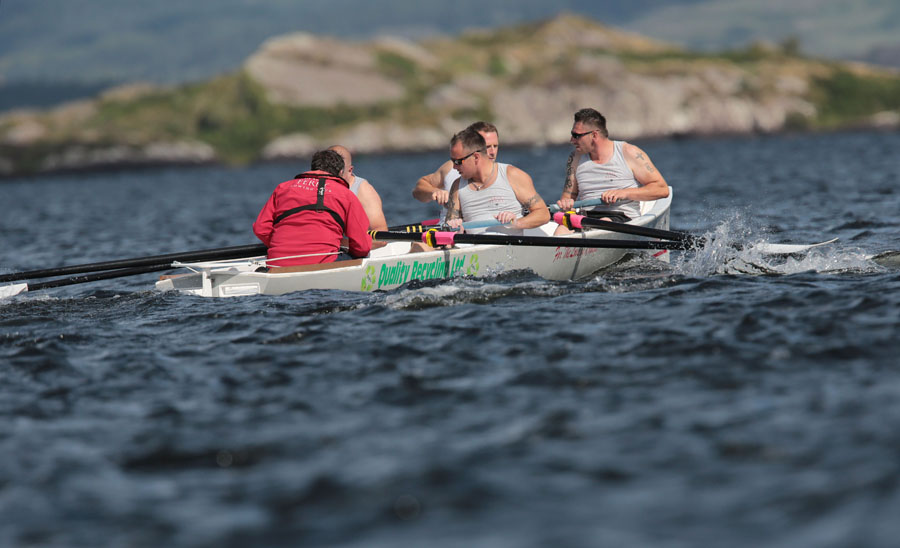
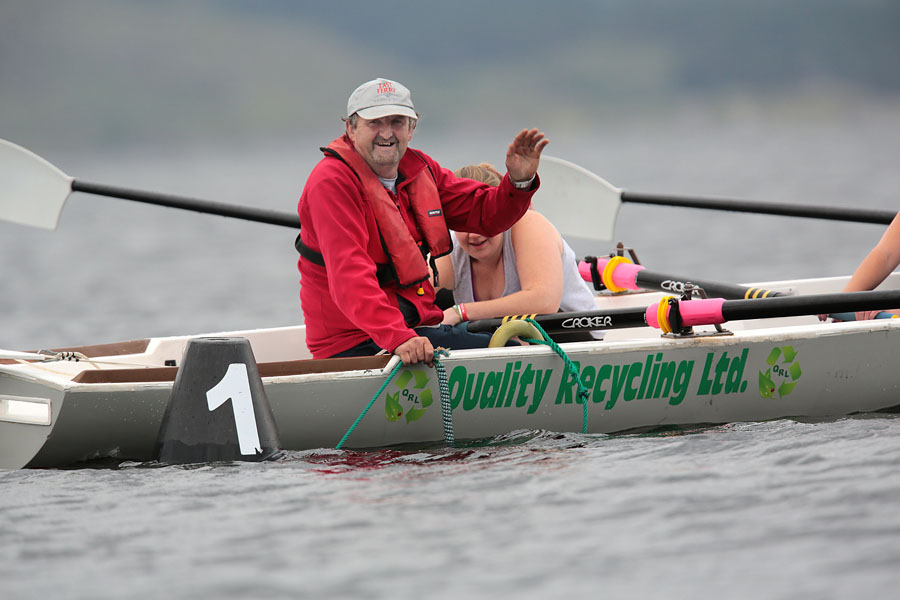
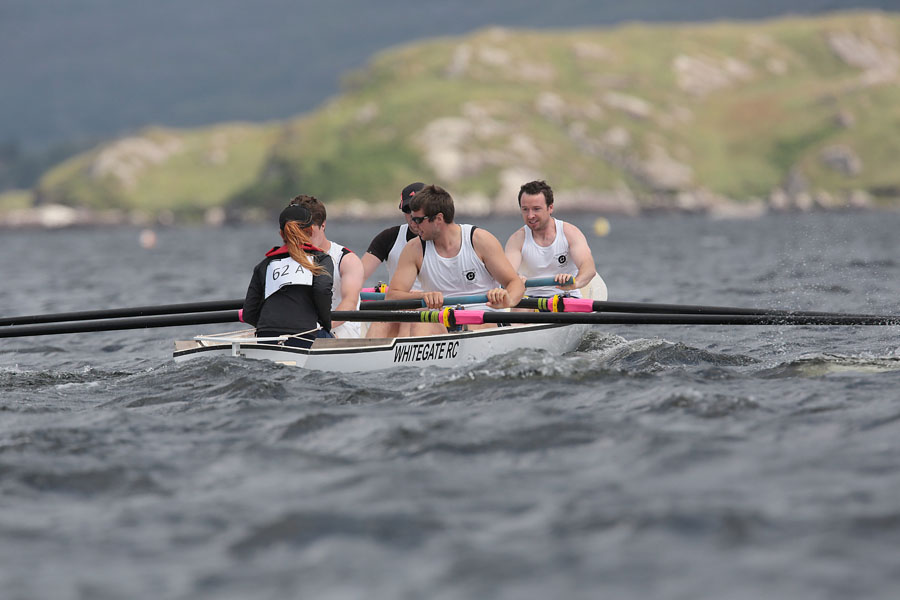
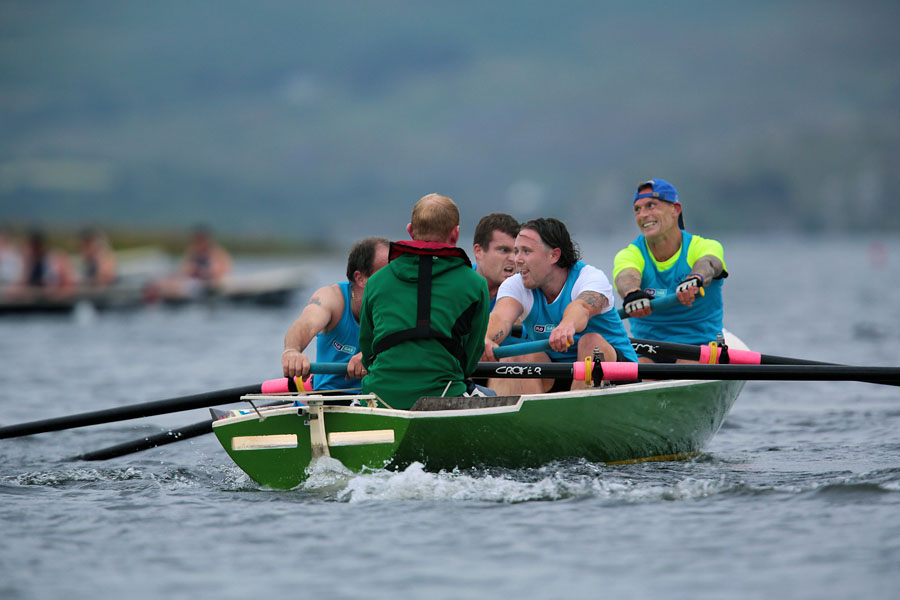
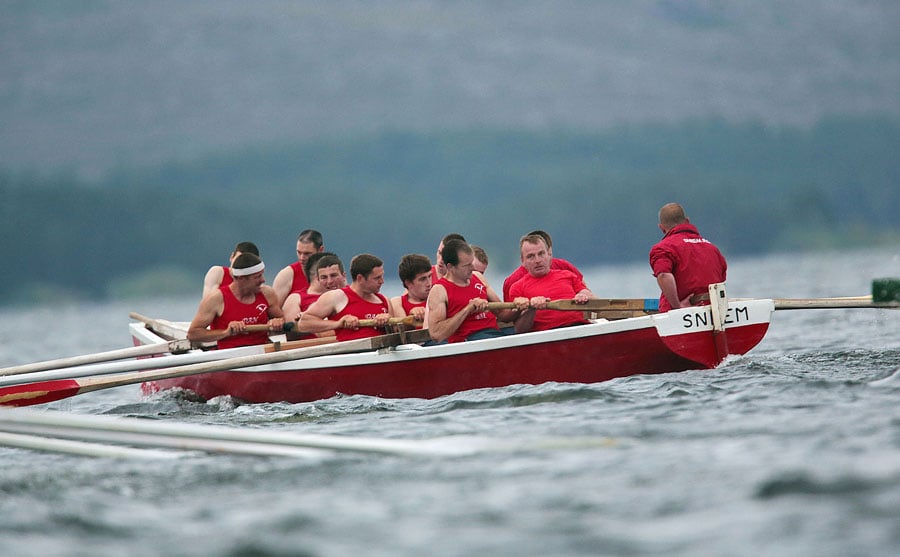
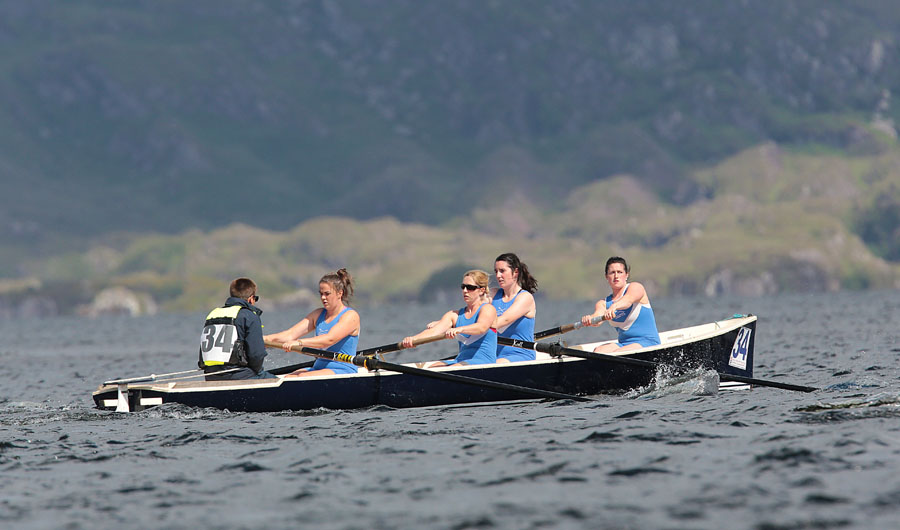
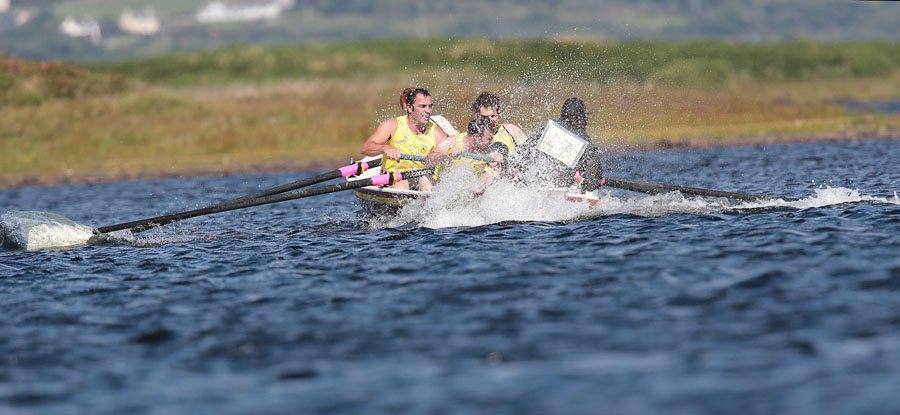
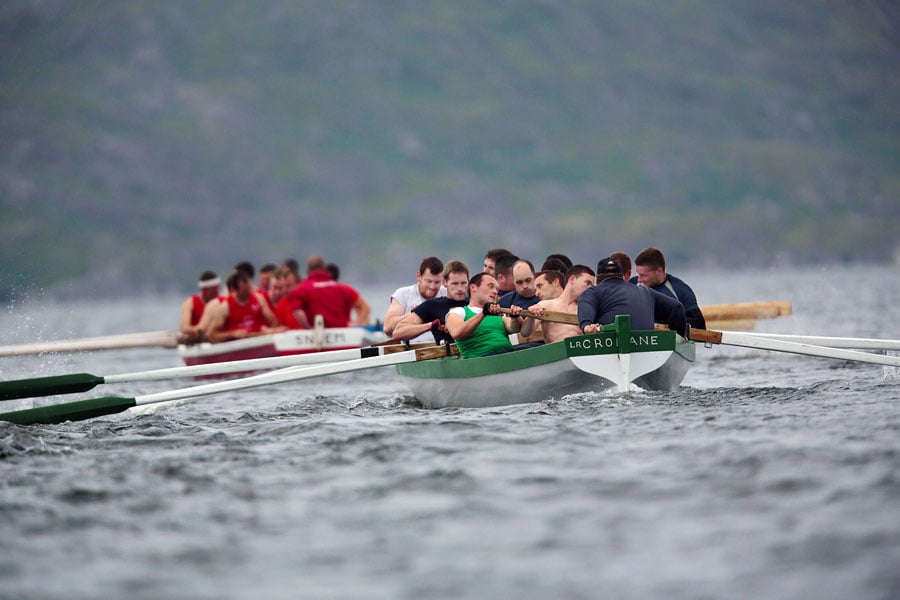
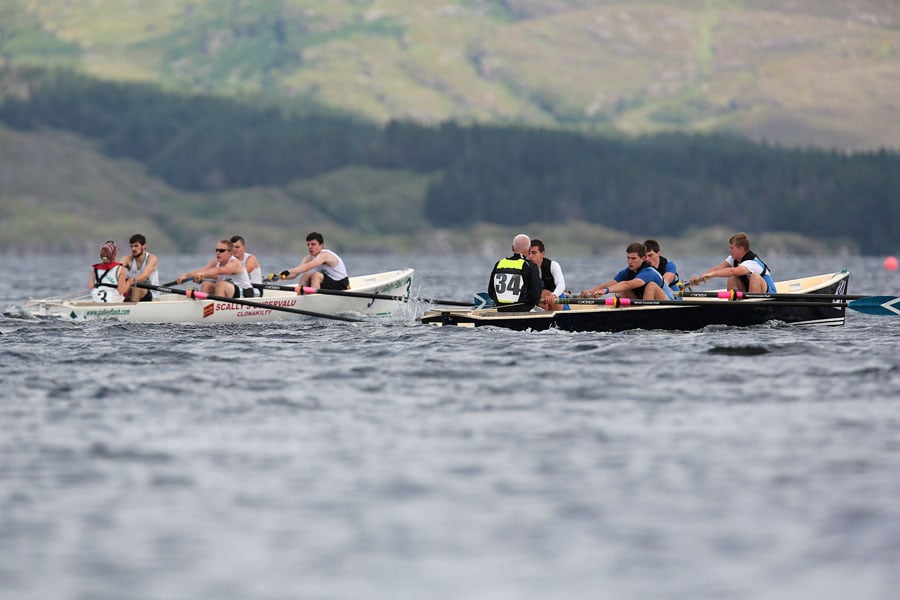
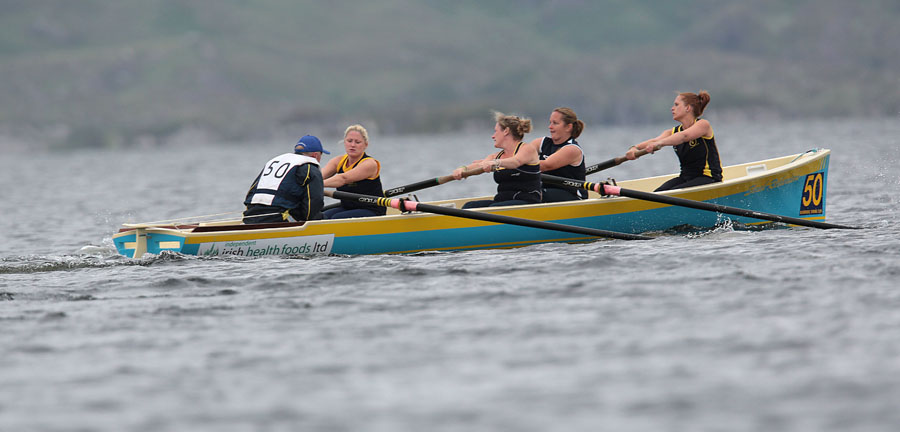
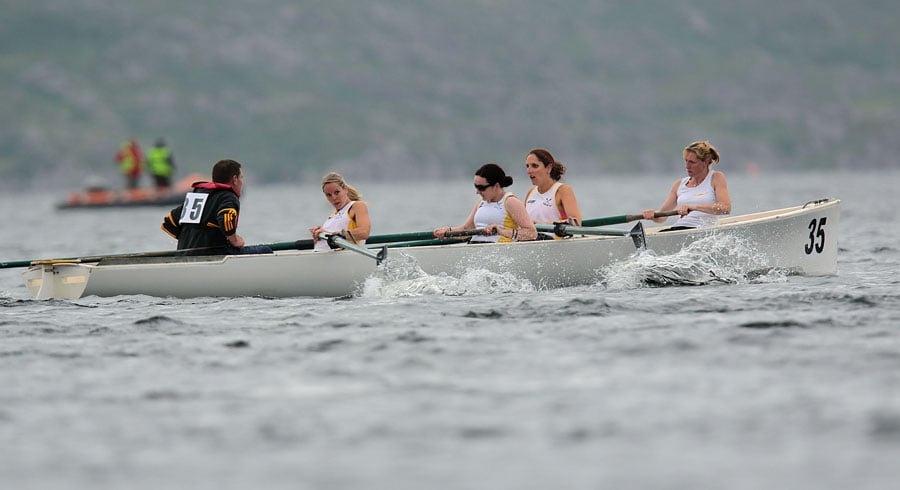
All photos by Valerie O'Sullivan



























